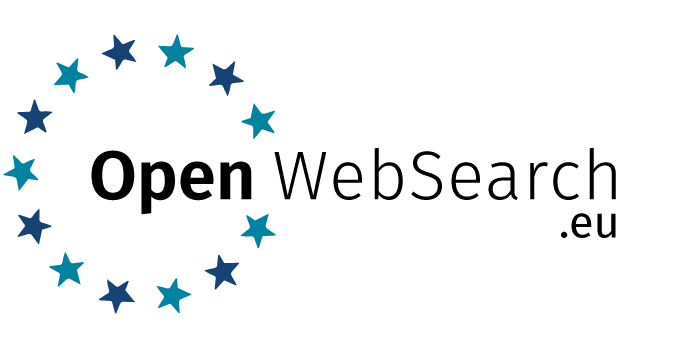Six third-party funding partners have joined the OpenWebSearch.eu Community Programme with projects surrounding technical, legal and economic expertise.
On October 27th 2023, OpenWebSearch.eu successfully onboarded six Third Parties who were selected subsequent to its first Open Call (announced in March 2023) for the OpenWebSearch.eu Community Programme in 2023. The selected partners were picked from 21 submissions with the goal to extend and enrich existing R&D activities that are relevant to the project in reaching key targets.
The call demanded contributions in form of research studies on legal or economic aspects of Open Search (Track 1) as well as on concepts for legally compliant data acquisition, processing, considering also societal constraints (Track 2).
Third-party projects should explore closely related topics of the project. They should aim to extend and enrich the existing R&D activities and propose new ones that complement the project objectives. The calls especially targeted smaller companies (i.e., SMEs, start-ups), individual innovators, individual researchers or research teams (e.g., doctoral or post-doctoral researchers).
The selected third-party projects are funded under the OpenWebSearch.eu Community Program. They receive partial fundings for their project contributions ranging between 25.000 and 120.000 Euros each.
OpenWebSearch.eu introduces the 6 Third-Party Projects:
MRC
„Market Potential Assessment for OpenWebSearch.eu: Quantifying benefits and costs of scaling EU web search“.
Provided by Mücke Roth & Company GmbH (Germany)
Click here for the partner profile.
LISA
„A Legal Framework for the development and Operation of an Open Web Search Index (Legal, Intellectual Property and Cyber-Security Aspects)“.
Provided by Prof. Dr. Matthias Wendland from Carl von Ossietzky University of Oldenburg (Germany)
Click here for the partner profile.
OPEN CONSOLE
„Open Console Implementation“.
Provided by Mark Overmeer and Thao Phuong Nguyen from MARKOV Solutions (The Netherlands)
Click here for the partner profile.
LOREN
„Legal Open European Web Index“.
Provided by Paul C. Johannes and Dr. Maxi Nebel (Germany)
Click here for the partner profile.
ALMASTIC
„Assessing Legal Risks and Mitigating Challenges in Open Web Indexes“.
Provided by Prof. Dr. Kai Erenli from BFI Vienna (Austria)
Click here for the partner profile.
LAW4OSAI
„License-Aware Web Crawling for Open Search AI“.
Provided by Dr. Daniel Braun – University of Twente (The Netherlands), Dr. Bernhard Waltl – Liquid Legal Institute (Germany) and Balthasar Cevc – Fingolex (Germany)
Click here for the partner profile.
More Open Calls to follow
The next call for proposals will follow in the first quarter of 2024. To stay up to date regarding proceedings as well as to stay on top of the next Open Call, interested parties from research and business can follow OpenWebSearch.eu on the Socials (LinkedIn, Mastodon, Twitter/X), join the community Channel on MatterMost and regularly check our website: https://openwebsearch.eu/community
OpenWebSearch.eu is funded by the EC under GA 101070014.



